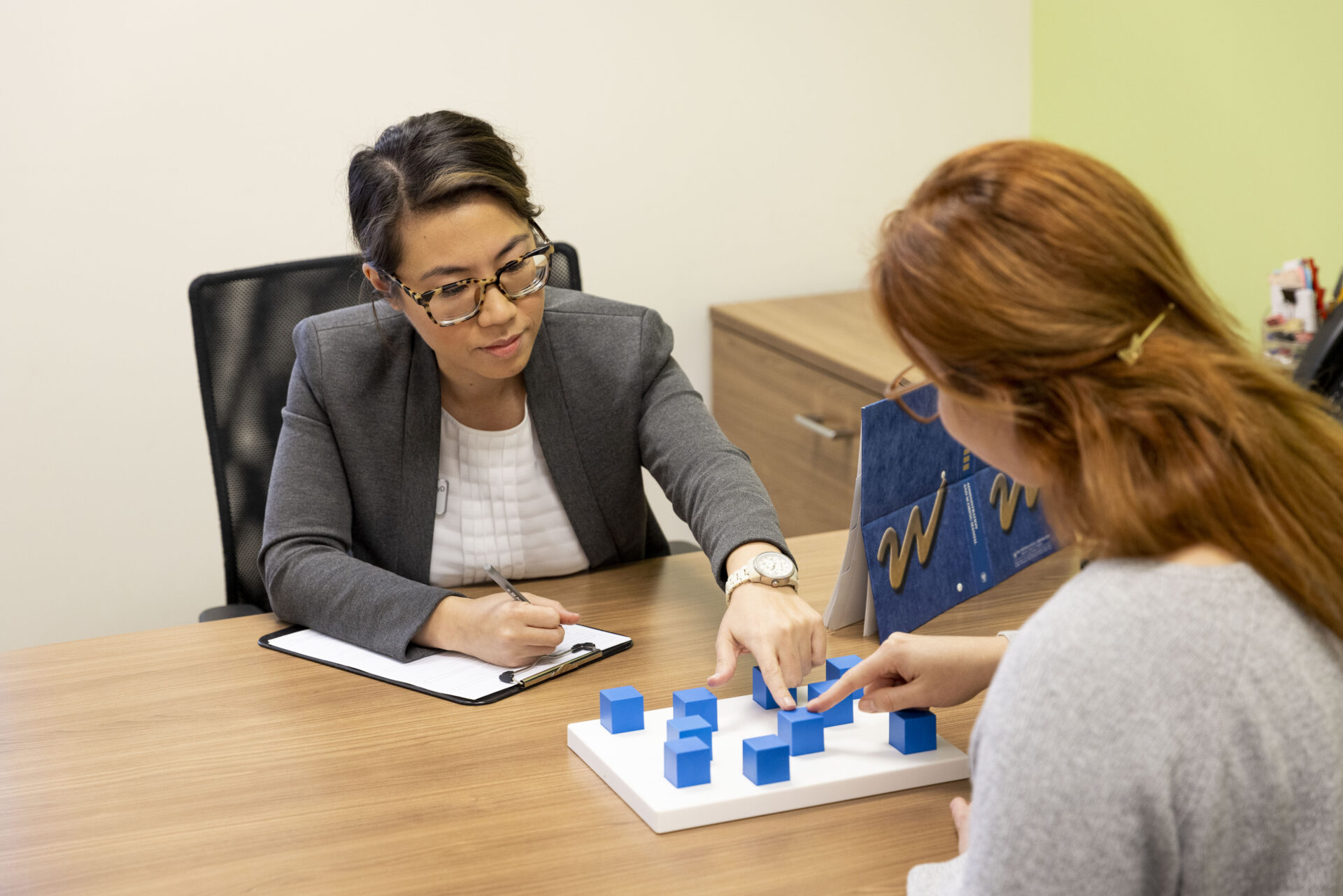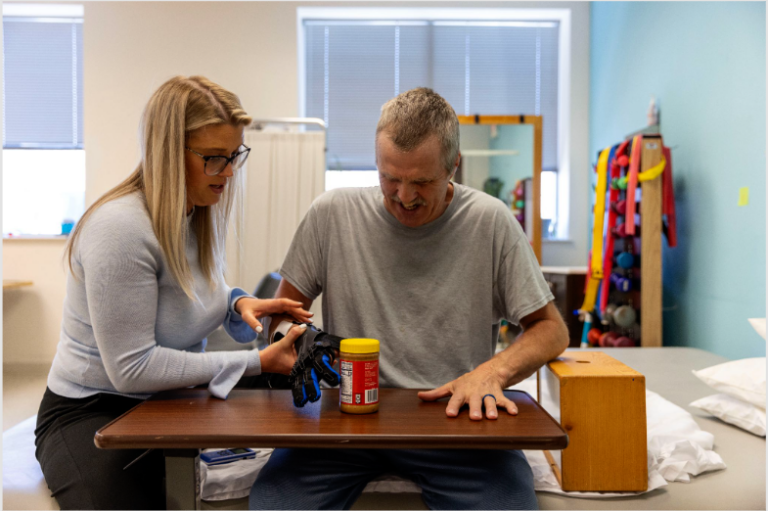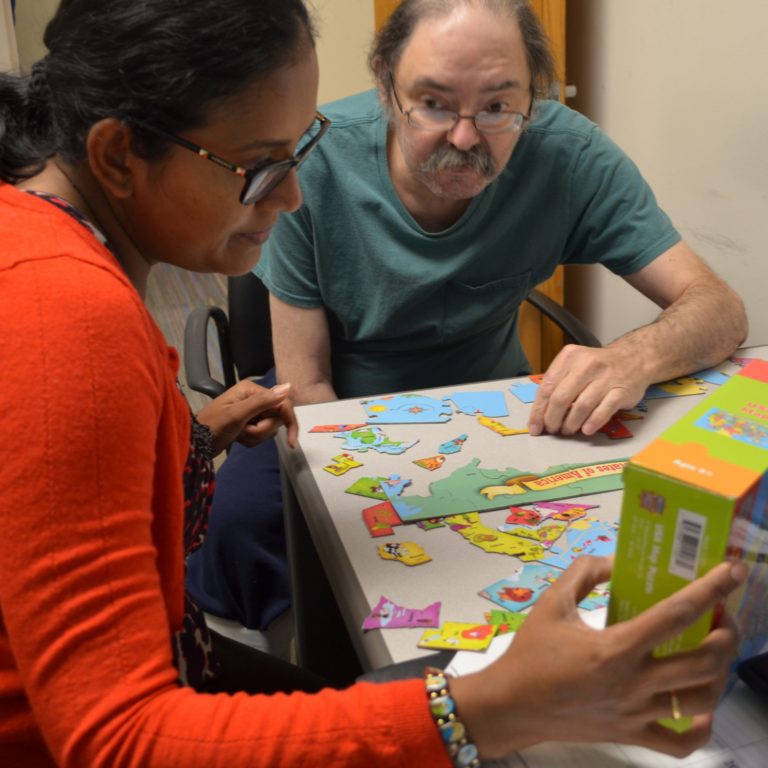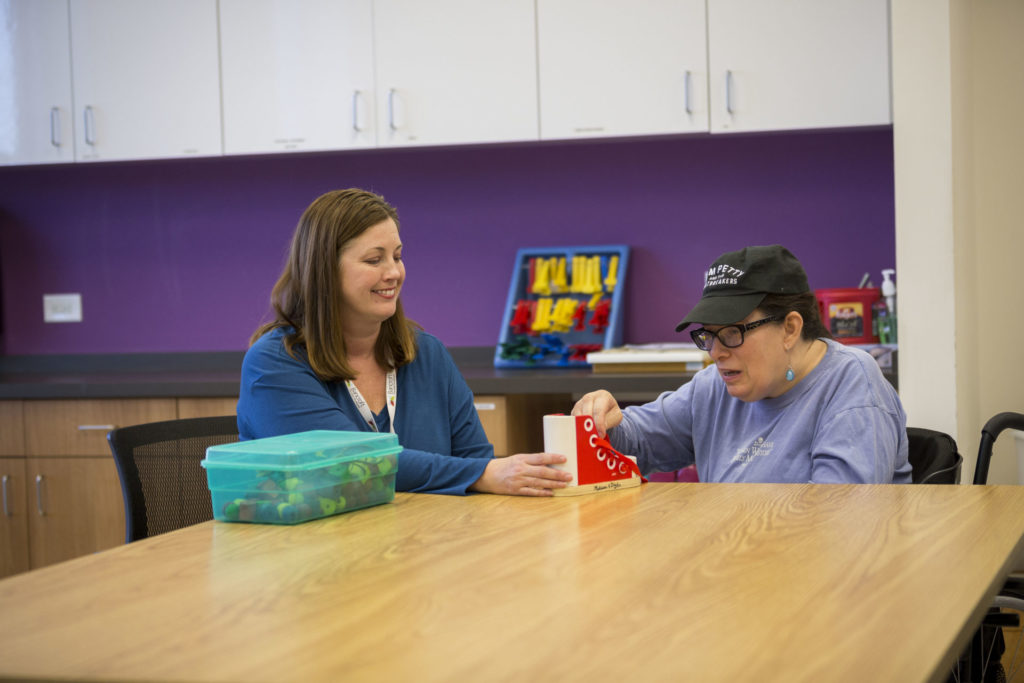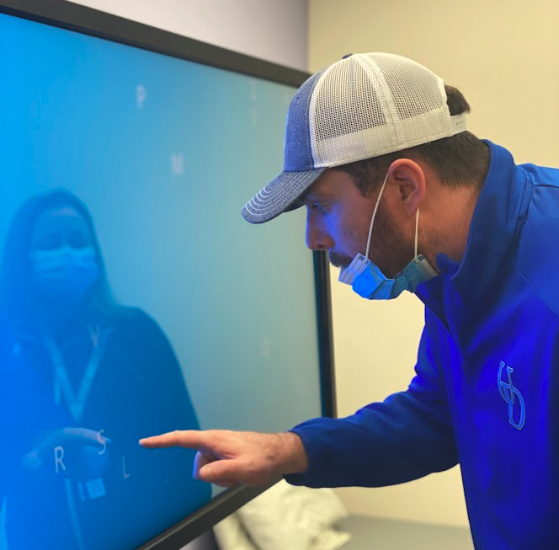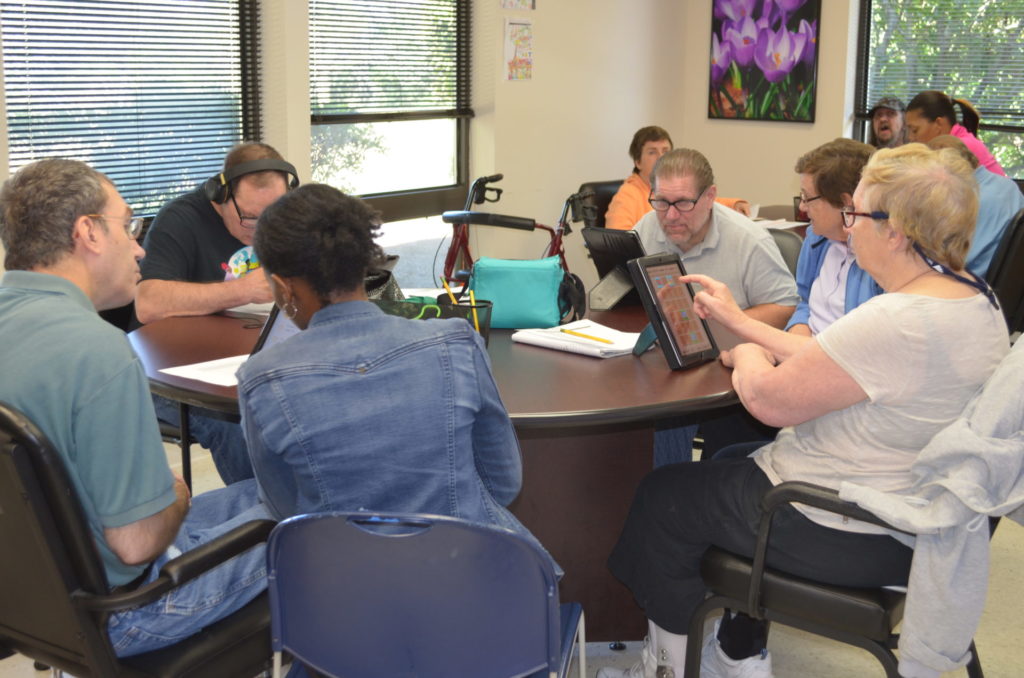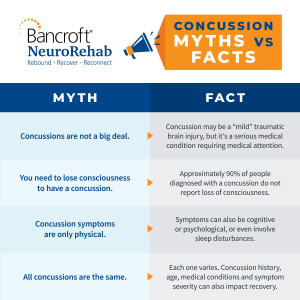What is a concussion?
A concussion is an injury to the brain that results in temporary loss of normal brain function (The American Association of Neurological Surgeons).
What are the signs/symptoms of a concussion?
Symptoms vary but may include loss of consciousness, headache, vomiting, nausea, slurred speech, confusion/agitation & loss of coordination.
Some symptoms of concussion require immediate medical attention. What are they?
Memory loss around the accident, disorientation, nausea, dizziness, double vision, headache, and vomiting are signs to get to the hospital/doctor.
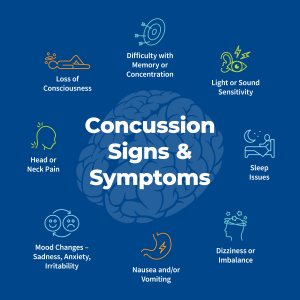

What actions can parents take to reduce the risk of concussion?
Education and awareness are essential! Our neuropsychologists share tips on the causes of concussion, symptoms, and how to respond if one is suspected.
What actions can coaches/sports professionals take to reduce the risk of concussion?
Helmets, protective equipment, and fair-play rules remain the best way to decrease the risk of concussion and improve athlete safety.
Development of a concussion safety plan for suspected concussions and injury prevention/awareness handouts at team meetings can be beneficial resources.
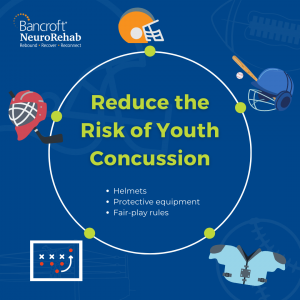

If a concussion is suspected during play, what should you do?
Anyone with a suspected concussion should be examined immediately by a healthcare provider who will decide when the child can return to play and if follow-up testing is needed.
Often, athletes are in a rush to get back to participating in their sport. What advice do you have?
We tell student-athletes it’s better to miss a few games while recovering than it is to miss an entire season. Sustaining a prior concussion puts you at greater risk of suffering another one – and it can take longer to recover from subsequent concussions.
Parents and coaching staff must advocate for the child’s overall and long-term health/well-being. Athletes should be encouraged to pay attention to symptoms and to be honest about them to facilitate a good recovery.
Receive a physician-approved return-to-play schedule. Ex: if an athlete can run without symptoms, they perhaps could engage in light, non-contact drills at the next practice, and so on until they’ve returned fully with no onset or worsening symptoms.
It’s important to prevent children from becoming isolated from friends or activities he/she enjoy while recovering to decrease the likelihood of developing mood symptoms.
The classroom can present unique struggles for kids recovering from concussions. What should educators know about concussions?
Persistent symptoms like headache, fatigue, light/noise sensitivity and memory deficits can affect a student’s focus, making it difficult to complete schoolwork or participate in class.
Students may need flexible academic accommodations as they recover. Ex: student needs a modified half-day schedule before returning to school full time, and then only needs a distraction-free place for test-taking.
What advice do you have for parents as they navigate sending their child back to school or sports after a concussion?
It’s crucial to help your child find a healthy balance between academic progress, return to sports, and cognitive healing. Monitor for mental health issues, like depression and anxiety, after the concussion as well.
Recovery is a team effort! Maintain communication with teachers, guidance counselors & coaches, sharing the child’s healing progress and the importance of rest.
What can school systems do to support students who have sustained a concussion?
Support rest and recovery. Schoolwork requires focus, memory, and concentration — acknowledging and decreasing these demands will allow the brain to heal faster.
Allow temporary accommodations like taking tests in another room, half-day attendance before increasing time in class, written handouts for students to re-review information, etc.
How can school systems aid in the prevention of concussions?
Ensure the school environment is safe & proper equipment is used/checked, monitor students with a history of concussion, develop a concussion action plan, and ensure all staff, including athletic trainers, understand concussion.
Are there any resources available for people who want to learn more about concussions?
CDC Injury Center HEADS UP to Youth Sports provides education & resources on concussions for parents, athletes, coaches, and sports officials.
Learn more about concussion – including symptoms, when to seek help, and how Bancroft NeuroRehab can help.
Related Articles
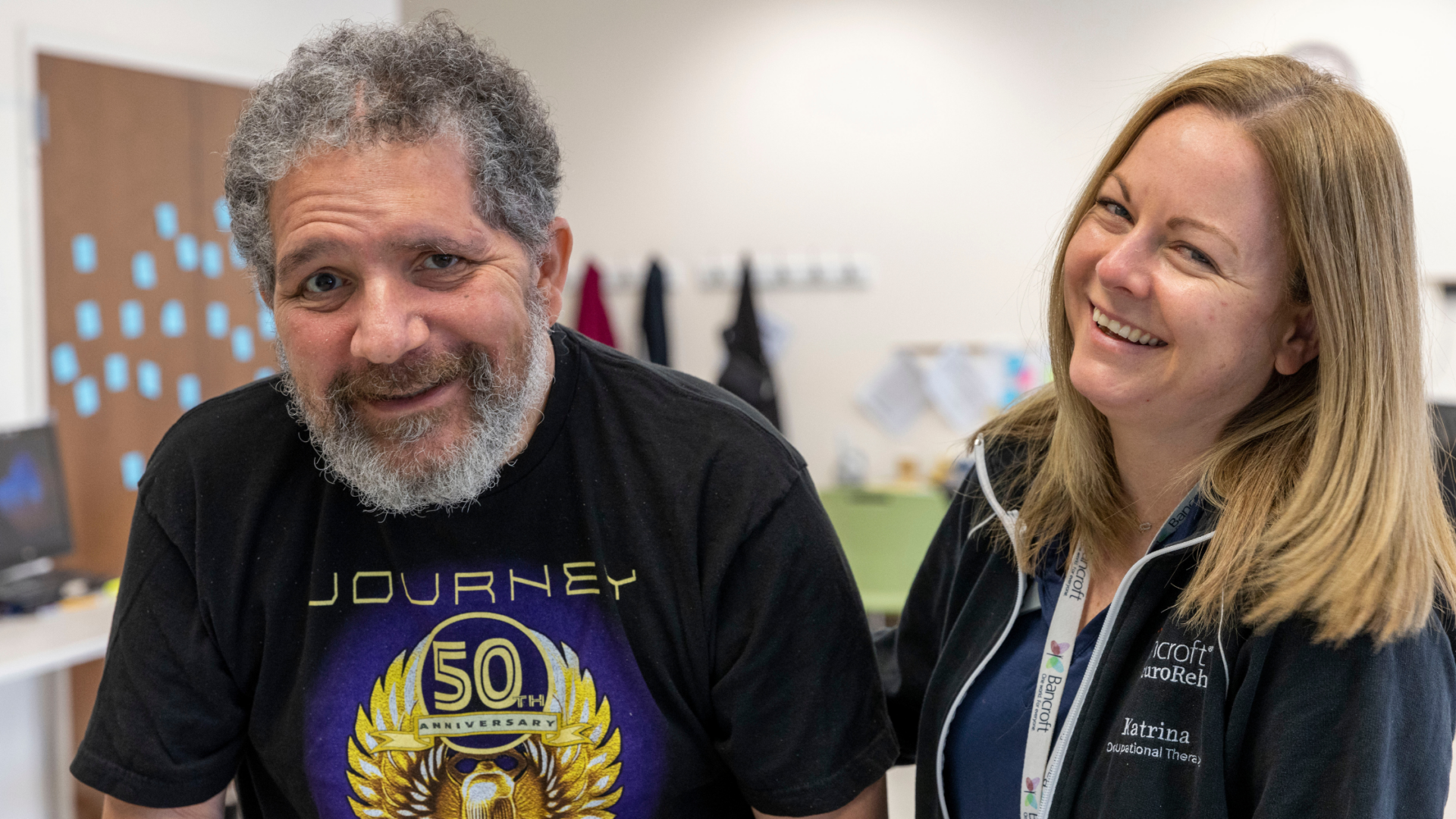

What is Aphasia?
Michelle Valente, M.A., CCC-SLP, Bancroft NeuroRehab Outpatient Program Director and
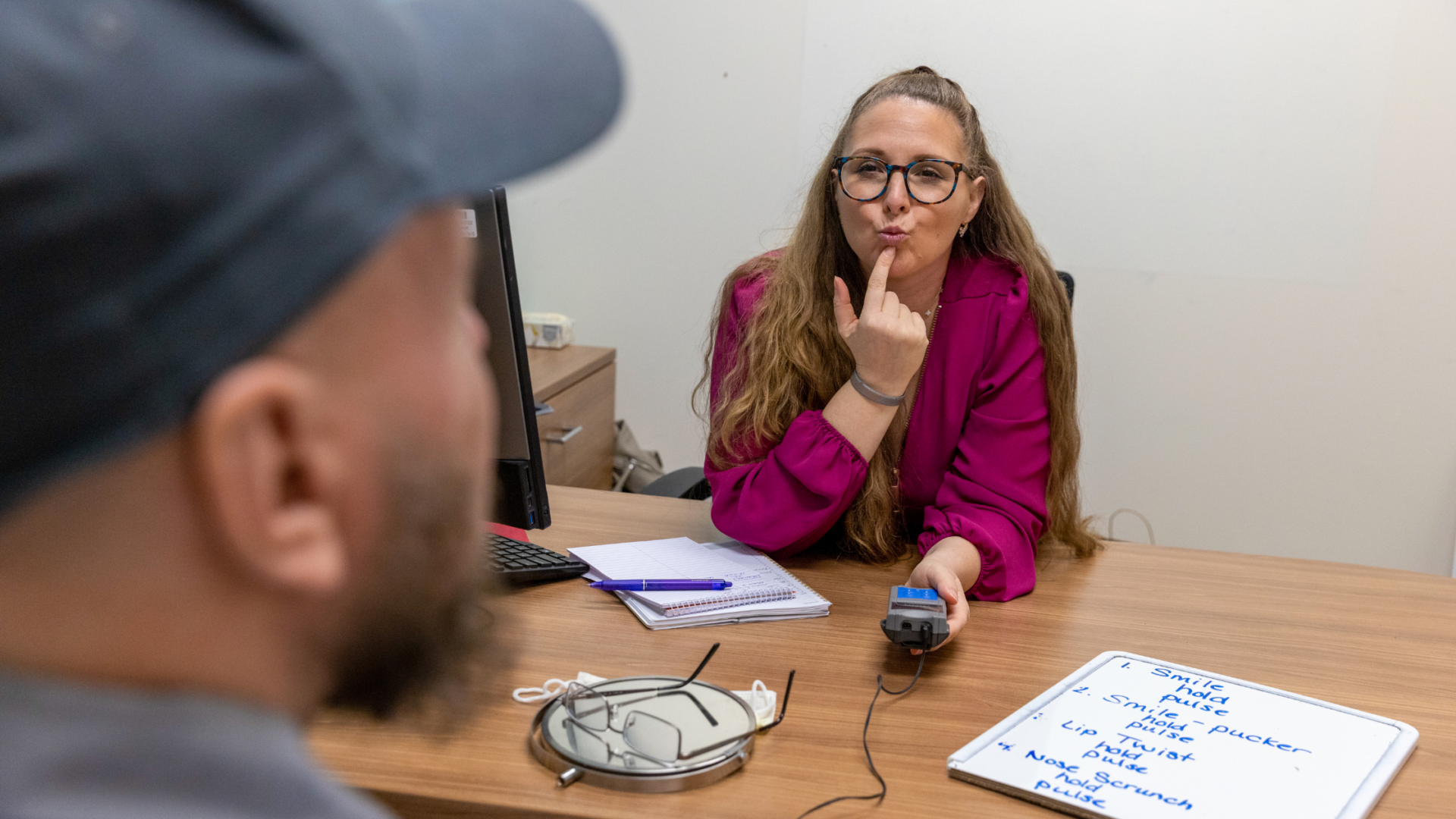

10 Tips for Supporting a Loved One with Aphasia
Learn practical ways to support a loved one with aphasia
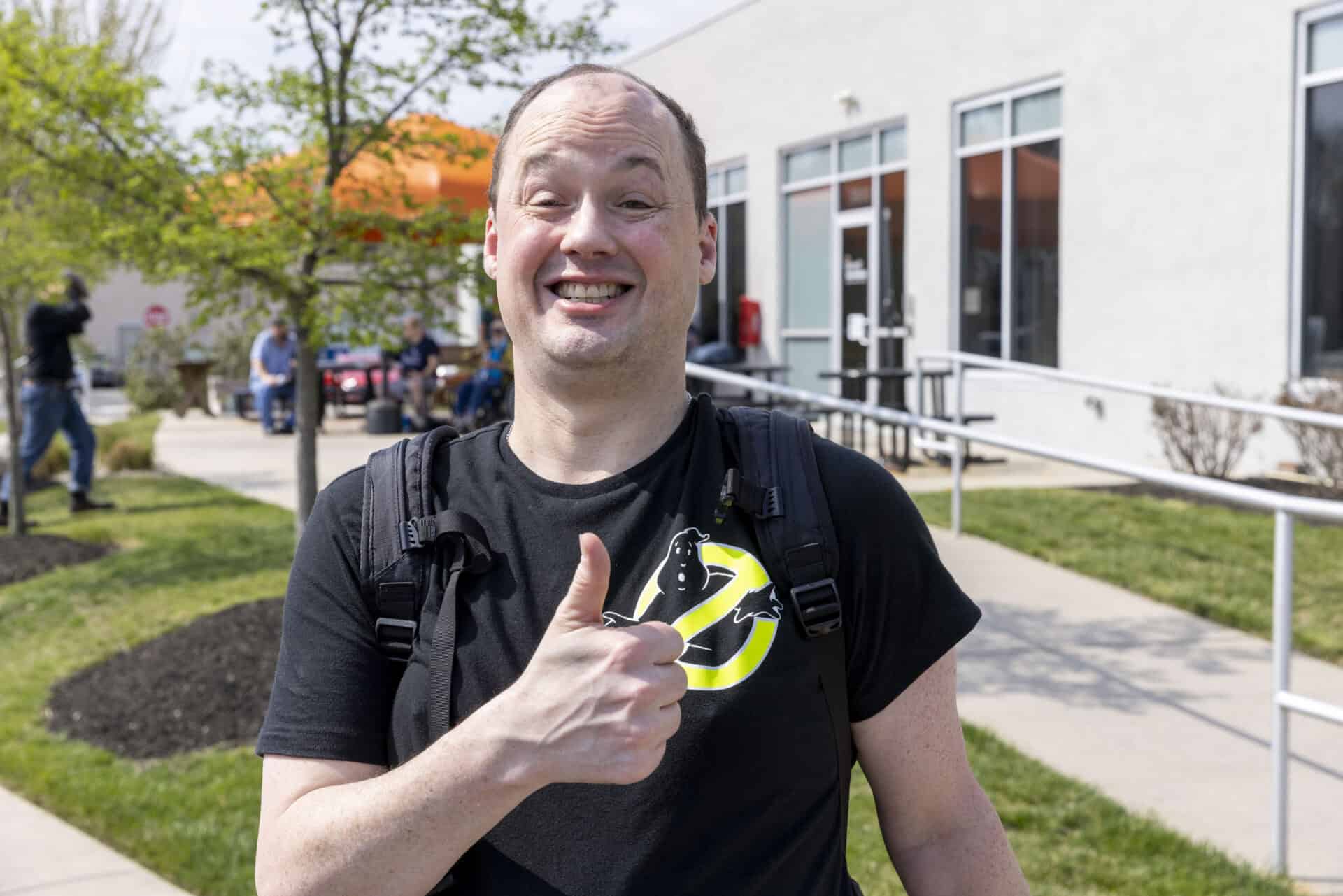

Home Therapy Made Simple: Practical Tips for Stroke Recovery
Recovery doesn’t stop when formal therapy ends. In many ways,



